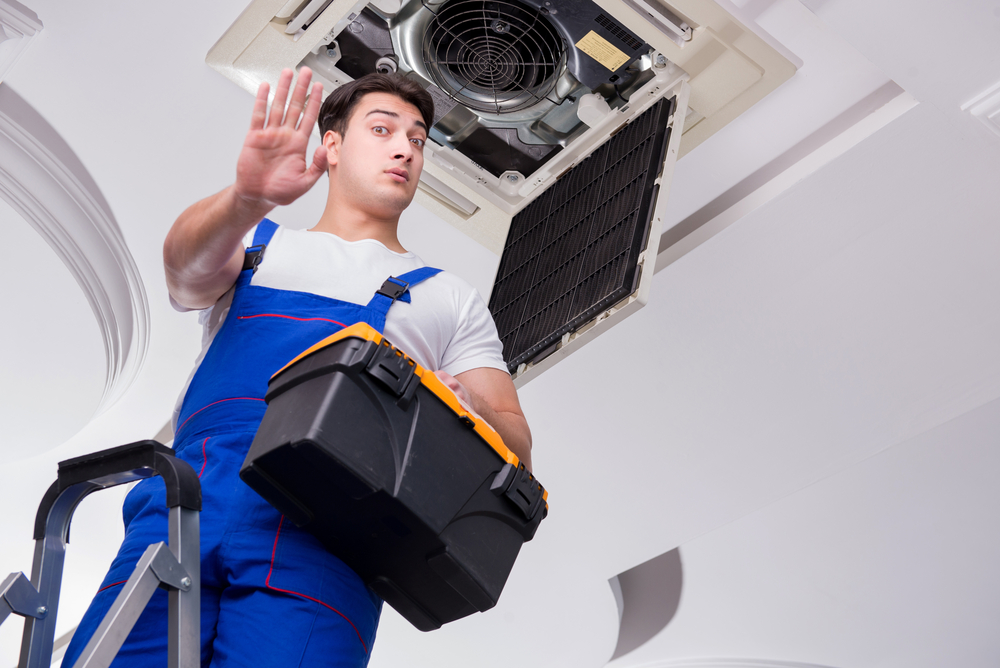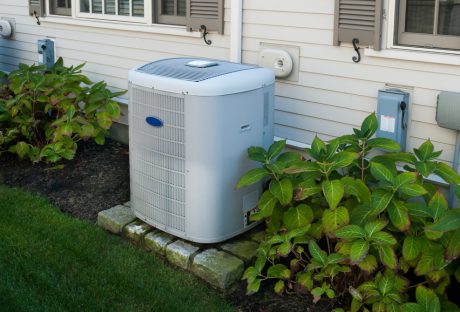Summer is finally here and with that in mind, you want your AC unit to work properly. Regular maintenance is important and it will ensure that your unit will not fail in years to come, but breaks can happen, especially when you need your AC most, just like any appliance in your home. You can contact professionals to get that fixed, but you can also try to fix it yourself.
We reached out to HVAC experts at Action AC for some tips on how to fix my AC when I can’t afford to wait for someone to fix it. Here’s what you can do even if you are not tech-savvy.
Here are What To Do When Your AC Unit Stops Working:
1. Power Off
This is a precautionary measure before you attempt to do anything. You need to ensure you are working in a safe environment, so safety first! What you need to do is locate your breaker panel which is usually outside. You can disconnect the panel to leave your AC completely without power. Only then is it safe to proceed with whatever you want to do? Do not forget this as you might put yourself at risk.
2. Check The Capacitor
When you’ve turned the power off you may proceed with the repairs. If your unit has stopped working, the first suspect you need to check is the capacitor which is located inside the compressor and it provides power for the whole unit. You can very easily test if it’s working and if not then you only need to replace it. This shouldn’t be too hard or expensive.
3. Check The Electrical Panel
If the capacitor proves to be working you can then check the electrical panel, and what you want to see there is if there’s any blown fuse or tripped breaker. If the problem is due to a faulty fuse then you can visit the closest hardware store and buy a new one. If the problem persists then it might be best to contact professionals.
4. Check The Filters
Maybe your AC is fine but the filters are clogged with debris from years of service and lack of maintenance. This issue is common with almost any appliance, and the more you take care of it the longer it should last. Filters should be replaced once or twice a year depending on how often the AC is used, and you can check if they are dirty before the start of every season. Filters should be cleaned and replaced regularly because they are very often the main cause of AC’s poor performance.
5. Regular Maintenance
If you want to ensure that your AC unit will function properly the best precaution you can take is to hire a professional to do a regular check-up. A professional will check if everything is working properly outside the season when the AC is used very little or not at all. By doing this you will avoid any surprises or sudden breaks when temperatures start going up and you need your AC to work. This little investment will save you money in the long run because breaks in the middle of the season can be expensive, and sometimes you might wait a few days before anyone can come and take a look. So the best way to deal with a potential malfunction is prevention.
6. Contact A Professional
If you feel like you’ve exhausted all the options or if you are not confident enough to check further you need to call someone with proper tools and knowledge to fix. Sometimes there’s no point trying to fix an AC because it’s due for a replacement, and you might waste time and energy trying to fix when an expert can very quickly realize that there’s no point because repairs would cost more than a new unit.
Read Also:






















